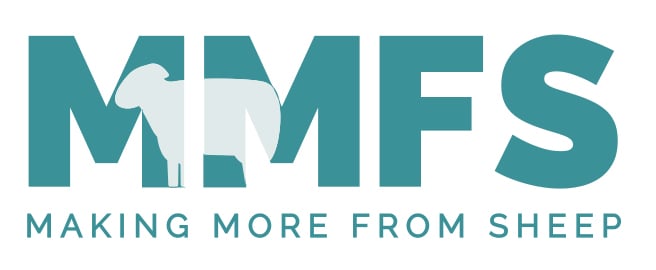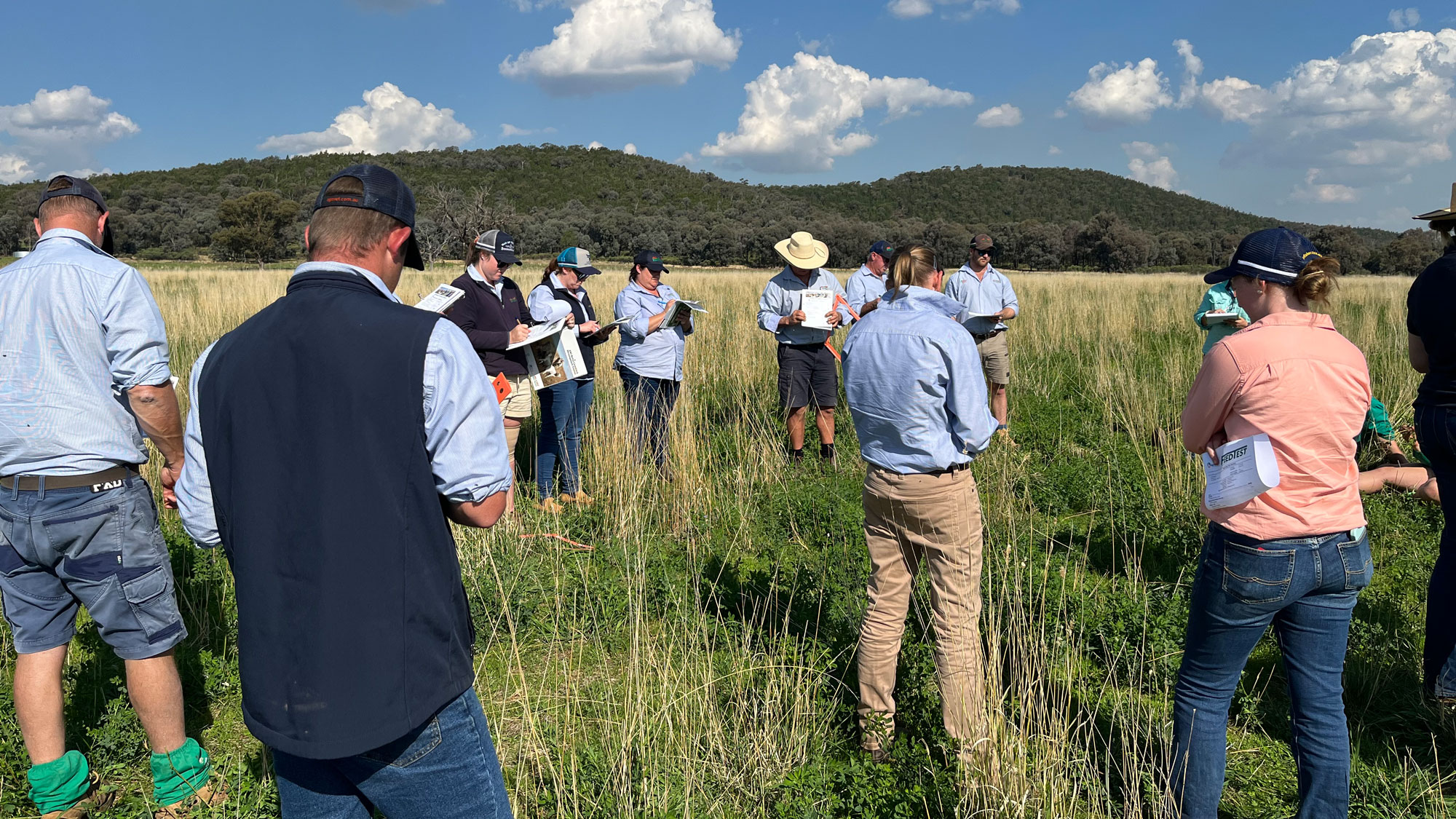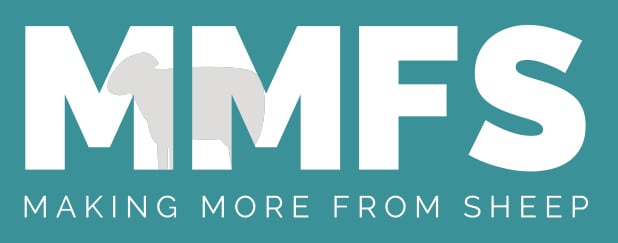Chapter 4.2 Develop and maintain professional communication
Chapter 4.2 Develop and maintain professional communication
Background information
The key to every successful business is effective communication. It underpins efficient transfer of information and knowledge, the development of positive relationships and the creation of a productive work and family environment.
Improving communication can have positive and lasting benefits for work, family relationships and business performance.
Communication is a key pillar to developing a professional business approach. With strong communication your family and team know and understand:
- The business vision (chapter 1.2 in MMFS Module 1 Plan for Success),
- Current business position and short-term goals and expectations (chapter 1.1 in MMFS Module 1 Plan for Success),
- Their role within the business and it’s connection to the overall game plan,
- The way your business operates and the work expectations, these are typically communicated via policies and procedures (chapter 4.6).
Communication is essential to a successful workplace culture (chapter 4.1) as solid communication ensures all in the team understand what is expected of them and how they can contribute to the business strategy and goals.
One challenge with communication is that we all have different expectations. It is common for farming team members to say there is a communication issue. This comment needs to be unpacked to explore what they mean by this and how the gaps can be filled. Often it is easily solved by providing an update on the short and long-term plans or a brief team meeting.
At a glance
- Improving communication can have positive benefits for work, family relationships and business performance.
- Clear communication ensures your whole team and family are on-board with your vision. Your vision is connected to your operational goals and that is connected to individual work plans.
- Don’t assume. We need to clearly communicate the expectation or message and then check-in for understanding and support them if changes are required.
Important principles to improve communication
- Be aware of the range in communication styles as it is often the way in which a message is delivered that creates a blockage or barrier.
- Analyse yourself before trying to analyse others. Understand why difficulties arise. Be honest, logical, clear in dialogue, and if something is not working, try something new or different to reach a consensus.
- Plan and monitor your strategies to improve communication and relationships. Be positive and proactive. When faced with a difficult situation don’t follow a path of evasion, avoidance, frustration and anger.
- Always work towards creating a win-win situation where there are gains or benefits for both sides.
- Remember we are all ‘difficult people’ to someone so monitor your own behaviour and make changes where necessary.
One reminder that many leaders can benefit from is not to assume. We have probably all heard the quote “Don’t Assume, because when you do you make an ASS of U and ME”. If you assume, then your team might misunderstand the message that has been communicated or you will have overestimated their understanding of the task. This will result in disappointment when the standard you expected has not been met.
Develop a communication plan
Communication plans outline the different stakeholders within your business, types of messages you are relaying and the methods, frequency and format for communicating with them.
Tool 4.2 is a communication plan template which is useful to audit your current communication methods and then set actions to make improvements.
Communication on farms can take various forms, including written, verbal and digital (videos or apps such as WhatsApp).
Meetings
One excellent communication process is the daily (or weekly) toolbox meeting. These are a great opportunity to facilitate the two-way sharing of operational information. An example agenda to use:
- Success from the previous day/week
- Plans for today and the rest of the week
- Who is doing what
- Who needs a hand to get their job done
- Safety risks or hazards associated with the tasks coming up
These meetings may only be five to ten minutes long, but they are a great process to share information and ensure effective communication. Once they become part of your regular routine, you will find the meetings speed up as the team knows what gets discussed and what they need to raise. Be sure to brief new staff members and run a full meeting at first so they know how your toolbox meetings operate.
A stand-up meeting concept is included in signposts below.
On a quarterly basis you may get the team together to review and communicate the operational plans. This is a bigger picture meeting than the weekly or daily toolbox meetings. At these meetings you may communicate:
- Recent achievements (such as weaning percentage, sale prices, a safety risk identified and mitigated, the team working well together to complete a big job),
- Operational game plan for the next 3 months (for example, prepare for shearing)
- Upcoming training opportunities or ask a team member to report back on training they attended
- Planned holidays
- Safety issues to note
SIGNPOSTS
WATCH & LISTEN
Conflict is a normal part of life and when managing a livestock operation, can relate to family, staff, customers and service providers. Gain insights into effective conflict resolution, inclusive of different types of conflict on- and off-farm, why resolution is important, and different situations and strategies for healthy conflict.
What is effective communication and why is it important on-farm? Hear about different communication styles and the importance of maintaining relationships through effective communication.
READ
‘Team role' is one of nine clusters of behavioural attributes identified as being effective to facilitate team progress. To build high-performing teams, we need to represent each of the nine Belbin Team Role behaviours at the appropriate times.
One of the most critical skills in effective communication is active listening. Developing this skill will help you build and maintain relationships, solve problems, improve processes and retain information, such as instructions, procedures and expectations.
Increase understanding and build communication skills among family members and their advisors.
Five areas (autonomy; difference; transitions; communication; and responsibility and accountability) considered in relation to farming, with personal experience to illustrate some of the concepts.
The daily meeting (or daily scrum or toolbox meeting) is a key element of team communication and collaboration, and completing specific, time-bound work. To be effective, a daily stand-up meeting can employ these 8 rules.
Many employers think that the main reason people stay with or leave a workplace is due to the salary packages offered. While this may be true for some, there are often more complicated factors – in addition to a competitive salary, people value a challenging and rewarding workplace.
USE
Personality type descriptions to understand what really drives, inspires, and worries different personality types, helping you build more meaningful relationships.
Communication is one of the most important skills that you need to succeed in the workplace. How can you find out how good your communication skills really are? Take this short quiz to find out.
ATTEND
Leadership programs and services to support people in all stages of their leadership journey. Participants will be exposed to local leadership activities in the community and relevant businesses and industries to highlight networking and relationship building and how challenges have been met with solutions.
A national program for young people in all facets of the wool industry which develops their leadership and professional skills.






